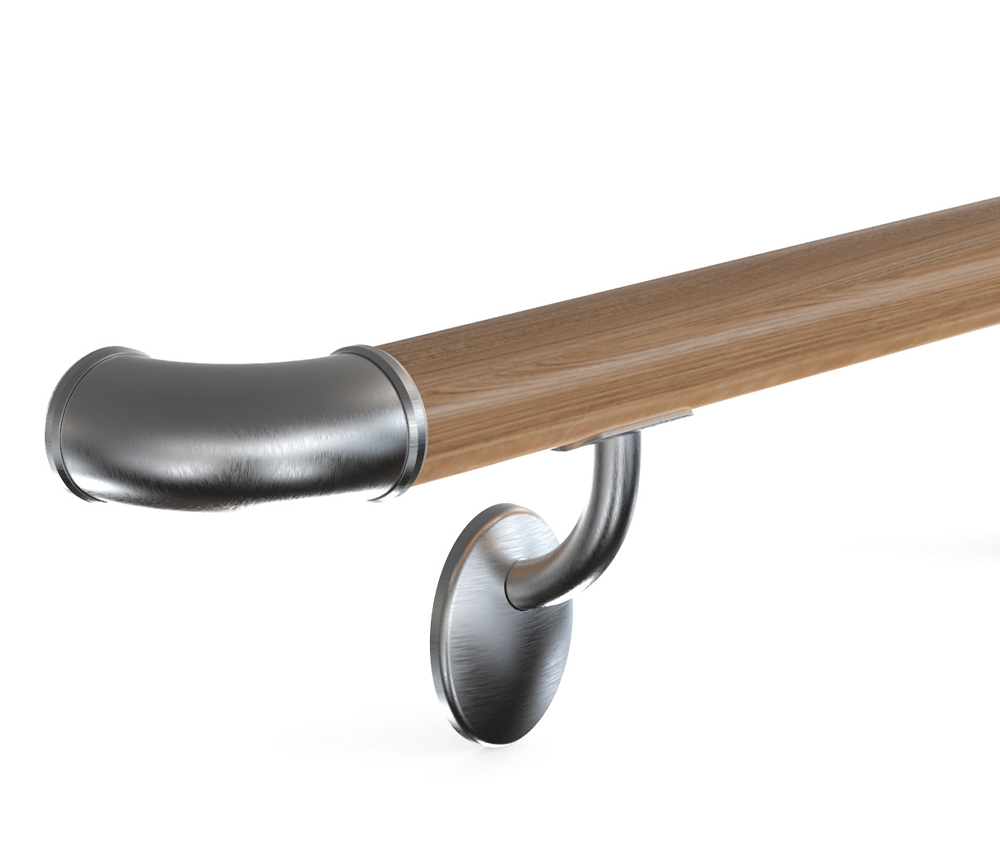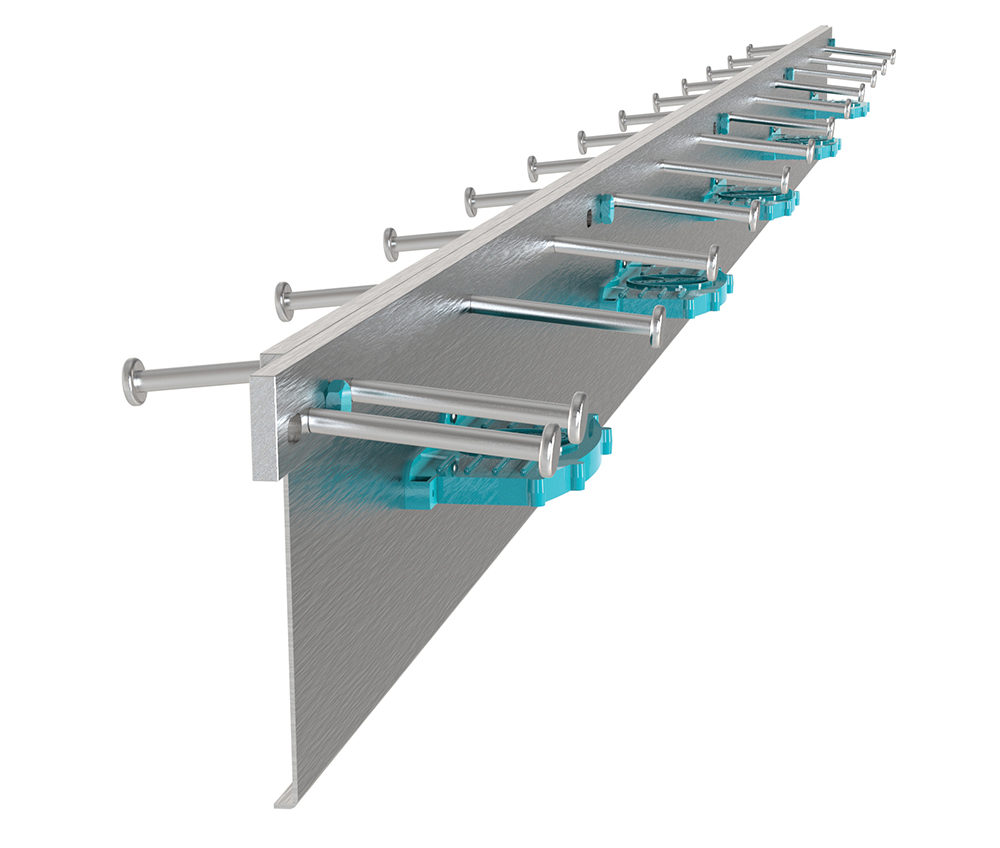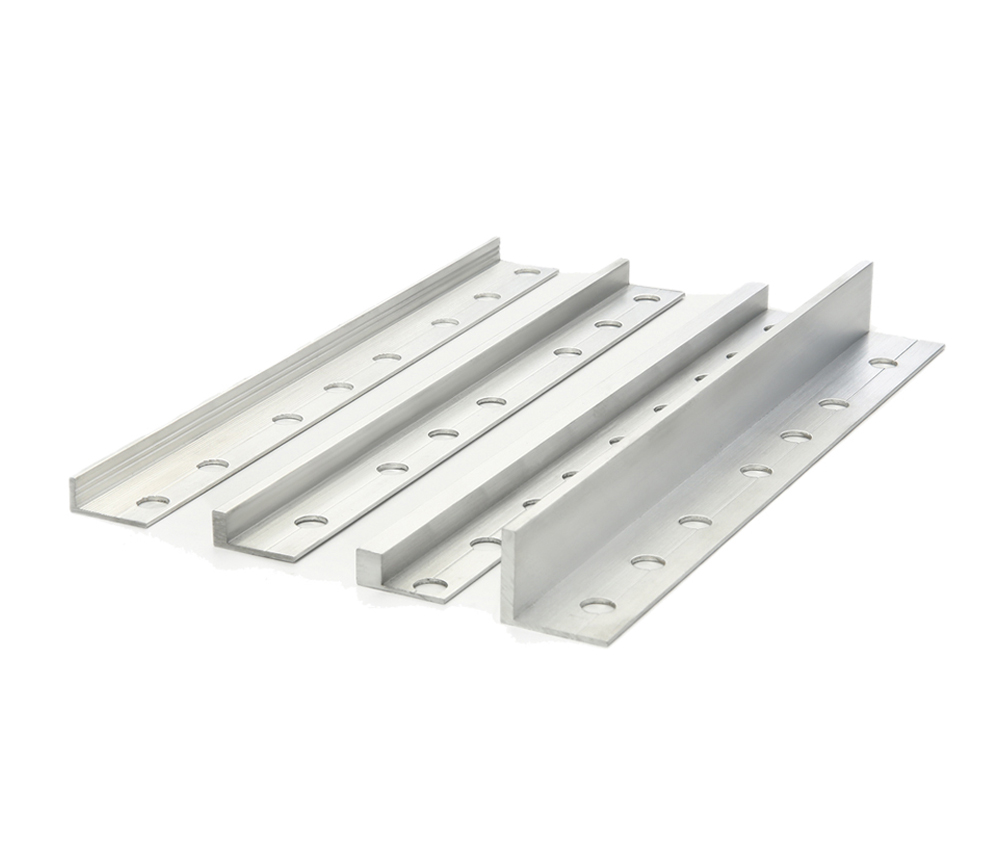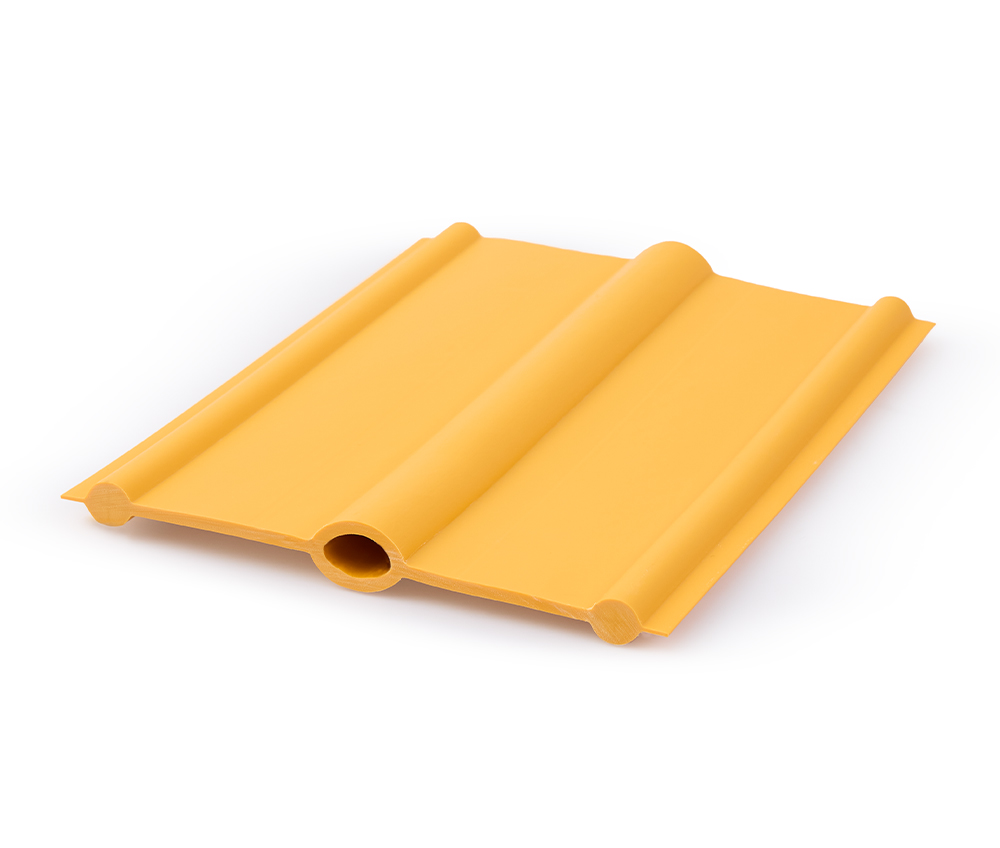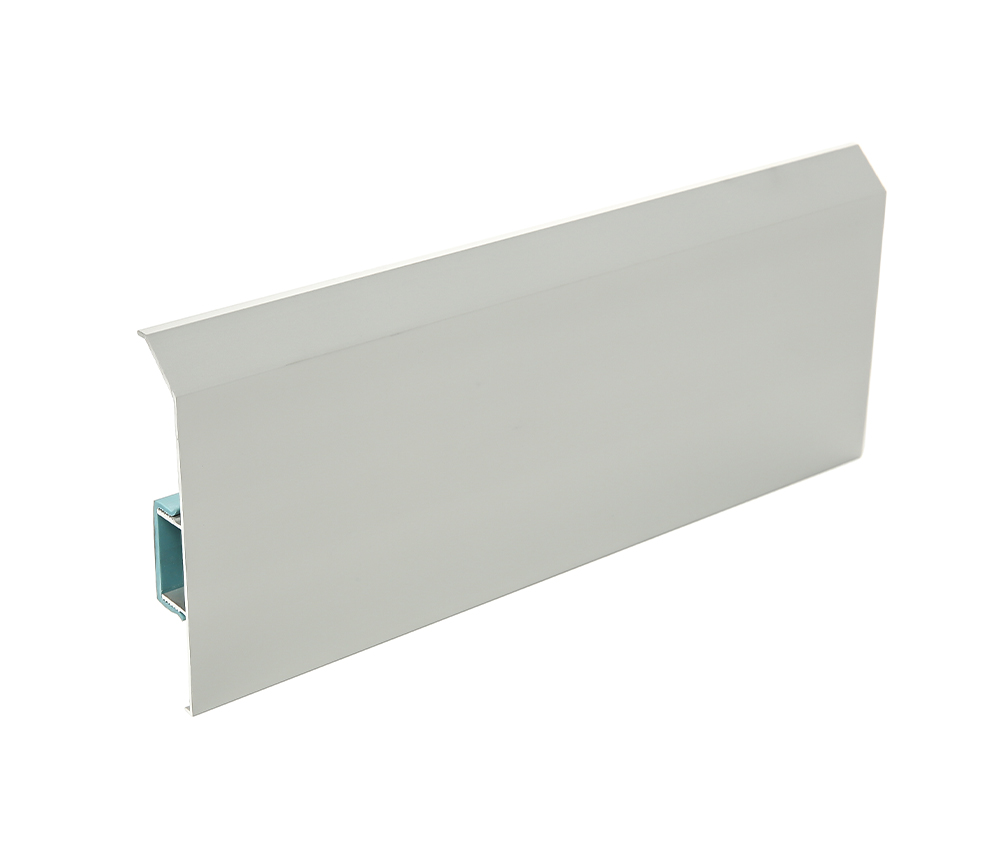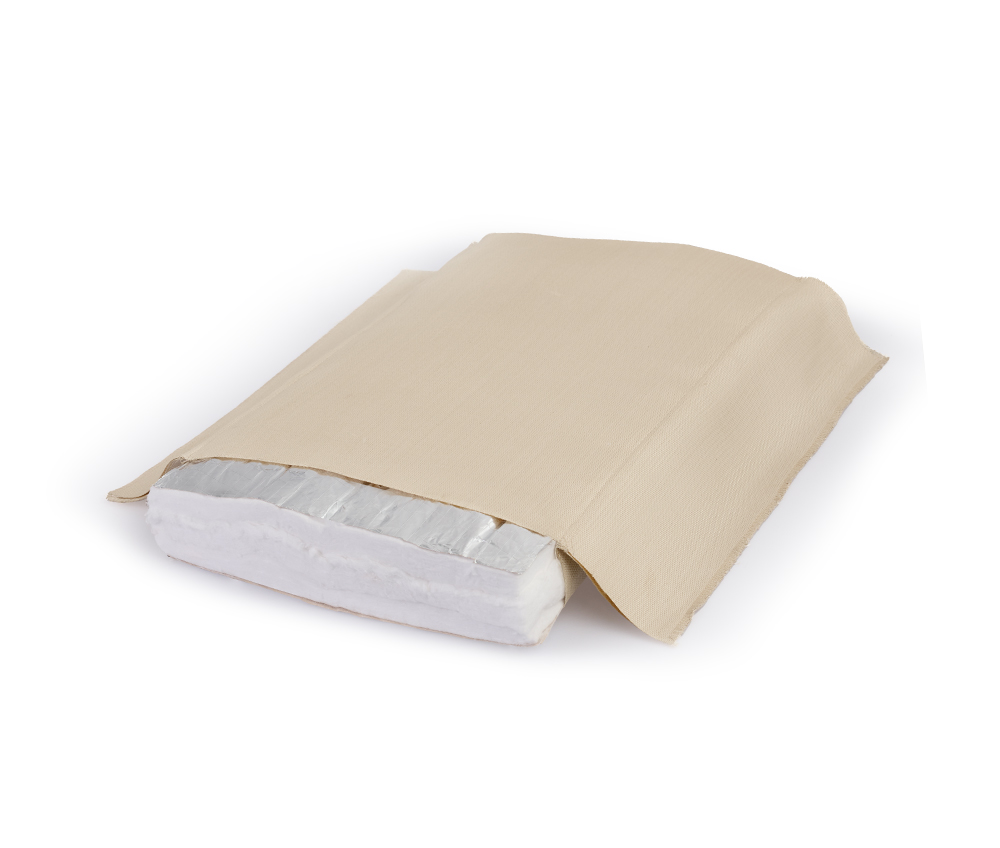ARY 001


40 x 40 cm TPU Tectile Paving Guide Surface
The sensible surfaces are designed for the effective use of public spaces for visually impaired or low vision individuals. First used in Japan in 1965, tactile paving is used all over the world to help visually impaired people to travel alone. Tectile pavings should be designed and implemented in a simple, logical and consistent order.Traces should be easily distinguished from their surroundings and adjacent surfaces by visual contrasts and elevated sensible profiles. It should also be easily distinguishable from each other at stops and walking areas.


 Türkçe
Türkçe English
English Русский
Русский
